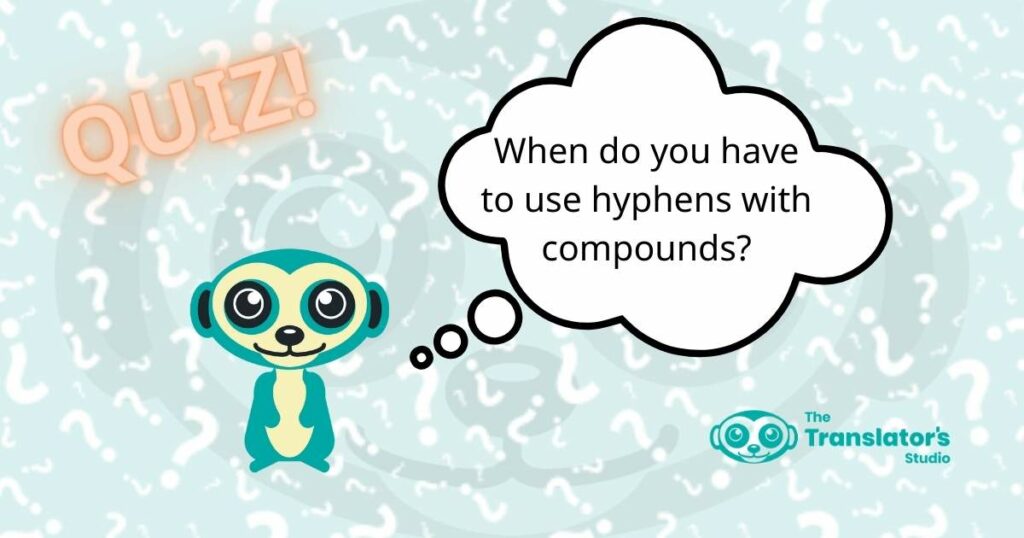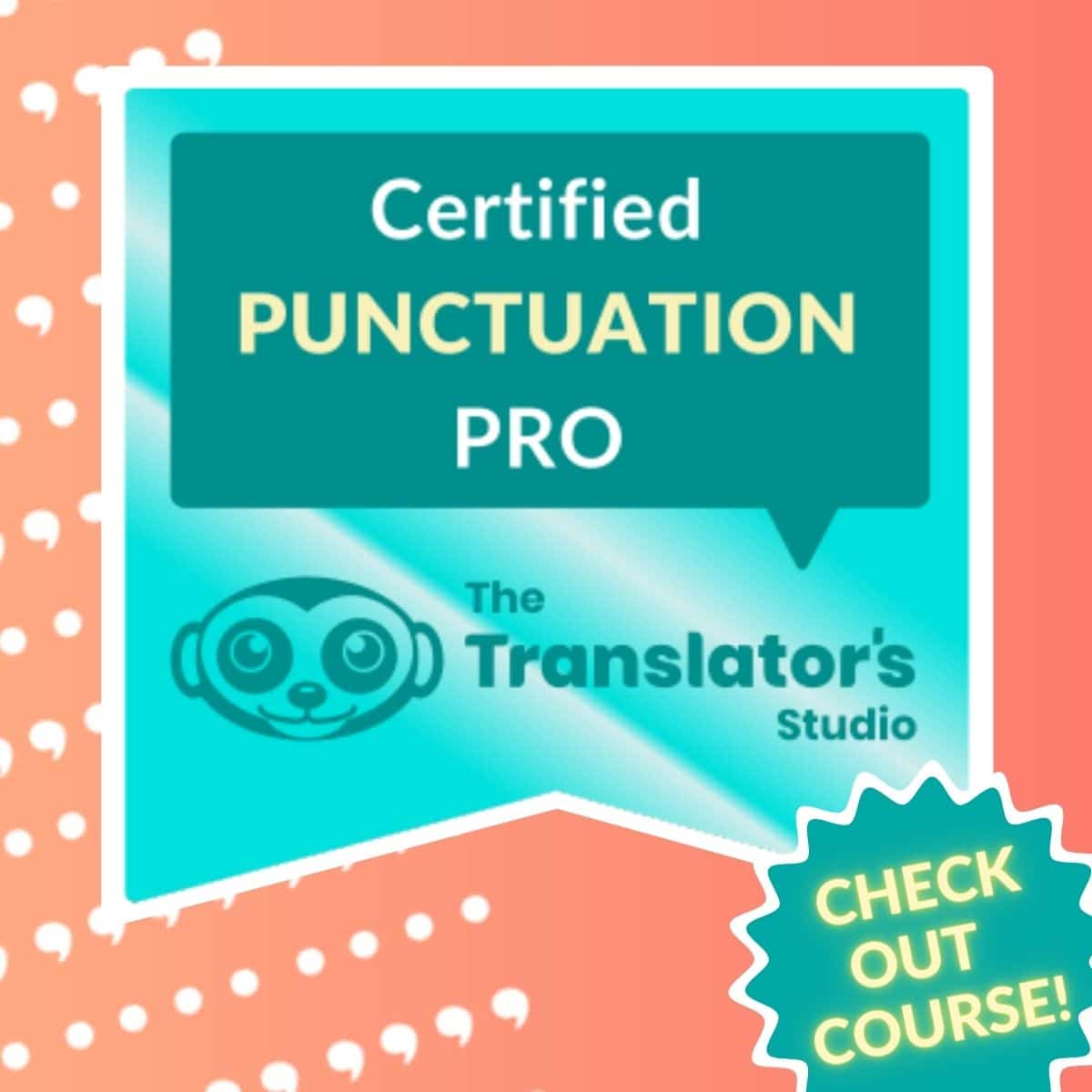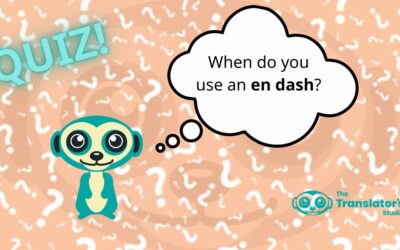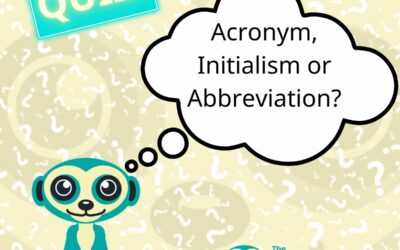The rules on when to use hyphens with compounds that describe nouns are complex. Sometimes you think you’ve got your head around it, but there are so many details involved. If you’ve ever studied this tricky area of punctuation, you’ll also know that there are plenty of exceptions to learn.

Try our quick quiz about using hyphens with adjectival and adverbial compounds before and after the noun to see how much you know! Rules and explanations at the end.
Remember that you can learn all about English punctuation with Punctuation Pro, our fun punctuation course. Get a certificate to show potential clients that you’re among the minority of people who’ve actually taken the time to learn how to punctuate correctly.
What we think: If you need help with confusing punctuation marks, this book has you covered.
Quiz on hyphens with compounds before and after the noun
Should there be any hyphens in the sentences below? If yes, where?
1. The white rhino is well known.
2. That is a 2 t white rhino.
3. That is a whitish brown rhino.
4. The well known white rhino.
5. The 12 foot tall blue rhino is imaginary.
Scroll down for the answers.
Get a certificate in punctuation!
- Learn punctuation fast
- Get confident
- Build up your CV to impress clients
Answers to the hyphen quiz
1. No. There’s normally no need to add a hyphen in an adverbial or adjectival compound after the noun. You can add one if you think there’s potential for the reader to misunderstand.
2. Yes, 2-t white rhino. Add a hyphen to a compound before the noun when it’s made up of a number and a noun.
3. Yes, whitish-brown. Add a hyphen to a compound before the noun when it’s made up of adjectives.
4. Yes, well-known. Editors will normally add a hyphen to a compound before the noun when it’s made up of an adverb and a participle.
5. Yes, 12-foot-tall. Add a hyphen in compounds made up of three or more words that stand before the noun.
Of course, all rules have their exceptions. Remember that punctuation plays the role of making the text easy to understand for the reader. If you’re wondering whether to add a hyphen to an adjectival or adverbial compound before or after a noun you’re describing, ask yourself whether the reader will be able to understand without one.
What we think: This book is a punctuation classic. It'll help you understand the difference between good and bad punctuation while keeping you entertained along the way.
Get a Certificate in Punctuation
If your work involves proofreading or editing, impress your potential clients and show them you’re the expert you’re claiming to be by getting a certificate through our punctuation course: Punctuation Pro. Learn a little bit each day and you’ll soon know your hyphens from your em dashes.








0 Comments